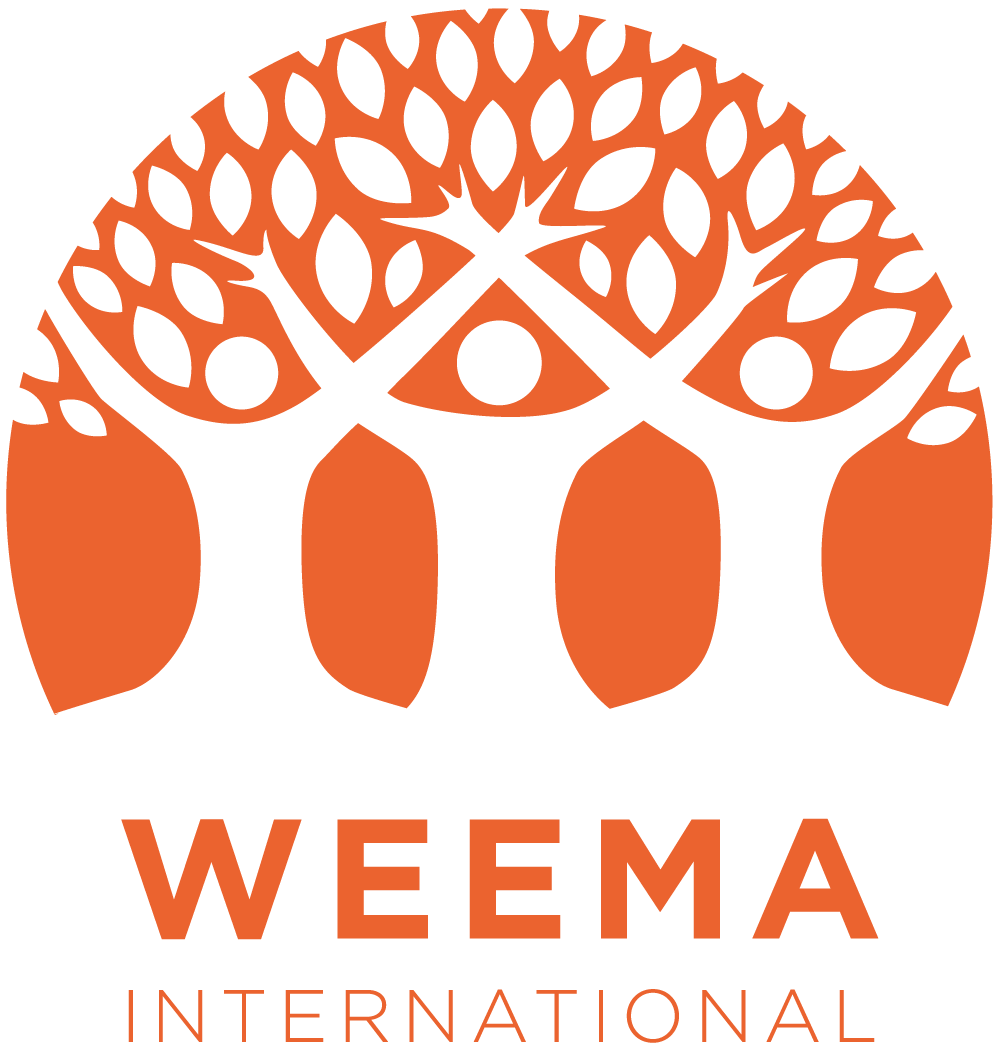Lata shared, “…this water point has brought peace and stability to our lives.”
Read MoreThe women of the Sera Meserat group shared their personal stories with us, highlighting the group's impact on their personal and community well-being.
Read MoreRecently, our staff visited Asrat, his wife Dinknesh, and their four young children in the beautiful village of Osheto. Asrat and Dinknesh participate in multiple projects, including our farmers' support project, adults with disabilities project, and women's self-help group.
Read MoreEtanish’s women’s self-help group gathers every Wednesday morning.
Read More2022 was a very busy year. Here are some images highlighting the impact in the communities we serve.
Read MoreTesfanesh Tilahun and her husband had no beekeeping experience prior to joining their local cooperative in Magunga two years ago.
Read MoreClose your eyes and think of a photo that puts a smile on your face.
Read MoreTen WEEMA-supported beekeeping cooperatives are thriving in the Tembaro and Hadero-Tunto Zuria regions, thanks to the generous support from donors like you.
Read MoreWolayta Sodo University is one of the largest universities in the Southern region of Ethiopia. The University recently organized a disability inclusion training for their staff and administration and we were honored to be a part of it.
Read MoreAyelech is a member of one of our self-help groups (SHG). She and her fellow members chose to name their SHG “Edget Beandinet” which means “Growth in Unity”.
Read MoreSix WEEMA supported beekeeping cooperatives have harvested close to two thousand lbs of honey in 2021 alone.
Read MoreFrom no modern beekeeping skills, to being one of the active members of a modern beekeeping cooperative. From owning only one beehive to 20 hives. From no savings to ten birr monthly savings in his cooperative and 200 birr per month of personal savings. This is the story of Markos Lintiso and how his life changed for the better after he joined one of the beekeeping cooperatives that WEEMA supports.
Read MoreWhen you invest in our Self Help Groups, you enable women like Amarech to invest in themselves and their families.
Read MoreThis past month, WEEMA’s staff in Addis hosted some of our outstanding Self Help Group (SHG) Volunteers from Tembaro. The group of women came to share their experiences about the Self Help Group structure and WEEMA’s work with empowering women.
Read More“It makes me the most proud to show that women and mothers can also lead offices! I want more women to hold similar positions in the future! So, I’m also hoping to design more projects for women, especially for mothers so they’re not solely dependent on their husbands.”
Tsehaynesh Keamso, First Female Chairperson of Hodo Kebele and in all 24 kebeles of Tembaro Woreda!
(The Woreda is divided into 24 administrative units called "Kebeles")
“I lost all that I had just to restore my health. Now that I am healthy and part of the cooperative facilitated by WEEMA, my life has meaning once again.”
-Tessema Wochamo, proud member of WEEMA-supported beekeeping cooperative
Inclusion is a cornerstone of WEEMA’s work. We believe that educating all children leads to them realizing their full potential. Our work includes raising awareness about the rights and value of people with disabilities.
Read MoreAs we continue to hold Ethiopia in our thoughts, this week’s WEEMA Wednesday is sharing a bit of hope through yet another uplifting story from our Self Help Group (SHG) star women. Here is Selamneshe’s story:
Read MoreAdanech’s story is one that warms every heart. She describes her Self Help Group (SHG) as an extension of her own family. A couple of years ago, Almaz fell ill unexpectedly. At the time, she didn’t have the money to get treated.
Read MoreThis past Saturday, October 17, the world commemorated the International Day for the Eradication of Poverty with the United Nations declaring the 2020 theme of #EndPoverty Day as “Acting together to achieve social and environmental justice for all”.
Read More


















